Ash of Gods: The Way Review
The Only Way Is Forward
AurumDust’s first title, Ash of Gods: Redemption, gave players their introduction to the high medieval world of Terminus. With the original title being foremost a tactical RPG with collectible card game elements, the developer’s follow-up takes a heavier focus on deckbuilding, revolving around an in-world strategic card game. Ash of Gods: The Way does a good job creating an interesting base game and mixing up its rules throughout its playtime. Its passable story and world might not linger in the memory too long, but it is an enjoyable strategic experience.
Ash of Gods: The Way takes place twenty years after the events of the previous game, though knowledge of them is not at all required. It follows Finn, a young man who was orphaned in the war between the nations of Frisia and Berkana before being found and raised by Eik, a Berkanan intelligence master. As Frisia appears to be gearing up for another invasion, Finn and Eik prepare to go on an undercover mission to undermine Frisia’s military and give Berkana time to prepare. The mission centres around a recently popularised game played in Frisia named The Way, which is used to train its commanders and conveys great prestige on its champions. By winning tournaments hosted across Frisia, the Berkanan infiltrators hope to be able to use their new prestige to get close to its strongest commanders and remove them.
Practically, the game is divided into chapters, each focusing on a particular tournament. The initial setup involves a practice tournament held in Berkana to convince its king that Eik and Finn — plus two additional advisors — are the right ones for the job, before they venture into Frisia itself claiming Finn to be a rising Frisian Count. This setup does a good job introducing the conflict and the cultural differences between Berkana and Frisia, noting the striking fact that The Way is actually played with real people in Frisia and Finn’s decisions will see people die, even if they are stated to be condemned prisoners and criminals.
Ash of Gods: The Way holds up its interest by making the conditions of battle highly customisable, and each battle has different goals, battlefields, foes, etc. that need to be taken into account. The base rules are that each player has a deck of ten units and ten support cards, plus a commander. Each side goes in turn, drawing one of each card type and choosing whether to place one unit at that player’s end of the gridded battlefield, with a support card also playable. When a player ends their turn, units automatically advance down their lanes based on their speed and attack any enemy within range in front of them or the enemy commander itself if they can.
Further challenging players are the additional victory requirements, such as not playing any spell cards. In the initial round of fights within each tournament, these optional requirements simply offer an extra reward, but completing them in the second round of fights, and particularly in the final battles, is necessary to come out of each chapter with the greatest success. The game auto-saves and keeps track of losses (which includes any time a battle is restarted), though players will get a good number of attempts before any battle is actually closed off and players have to accept the result.
Players eventually unlock four distinct decks, each of which is built for differing strategies. As players complete battles, they can gain new cards, or can purchase some from a merchant. Units can be upgraded by spending experience earned from battles, while support cards are upgraded using money. Although players can mix-and-match cards from different decks, it’s tricky to pull off given that most of the support cards only work on the units from the equivalent deck.
The main cast is at least likable, if a bit tired in how the members fall into familiar archetypes. The setup surrounding how The Way is the key part of the story and the times it dives into the world and its history are often interesting. The writing is perfectly serviceable and there are some good interactions between characters. However, certain story elements that initially help flavour the world are largely forgotten and are all too readily hand-waved over in favour of Finn’s personal story for the finale. For example, The Way using real people for its battles only really serves the purpose of underscoring Finn’s generally good nature and marking him as unusual for a Frisian, rather than being a target for any story resolution.
There are multiple endings, although there is a clear best ending that largely stems from attaining more desirable chapter endings. Getting this requires that players make certain choices — which are relatively straightforward to deduce — while doing as well as possible in tournaments, particularly their final battles. Players have three difficulty options to choose from, and can switch as they wish, offering some extra draw for those who like to ramp up the difficulty as they go, but the desire to return purely for alternative narratives is very limited.
Like its predecessor, Ash of Gods: The Way’s visual style closely resembles the style made popular by The Banner Saga, and many of the designs from Redemption are understandably repurposed. The structure of the game doesn’t afford very much visual exploration of the world, but otherwise the game is pleasing to look at, and the UI is generally very clear; the game doesn’t bog the player down with too much information on screen but it’s easily found when needed. The music and voice acting provide a solid, if unspectacular, audio backdrop.
Ash of Gods: The Way is a solid strategic deckbuilder; its strength very much lies in its ability to generate a puzzle-solving feel through a straightforward base ruleset and a wide variety of combat scenarios and conditions. While it ultimately may not last too long in the memory after the fact, the time spent with it is enjoyable and it makes for a pleasing mental workout.
Disclosure: This review is based on a free copy of the game provided by the publisher.
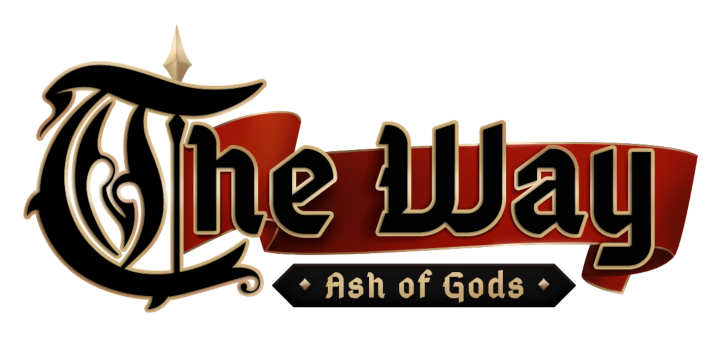

Good mixing up of rules and challenges
Solid base game system
The more interesting story elements peter out
Doesn't offer enough reason to stick around after the first playthrough
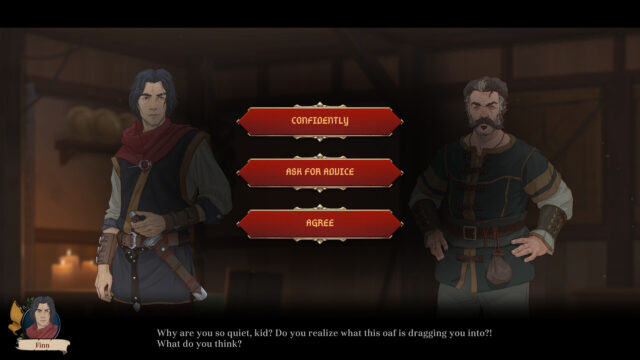
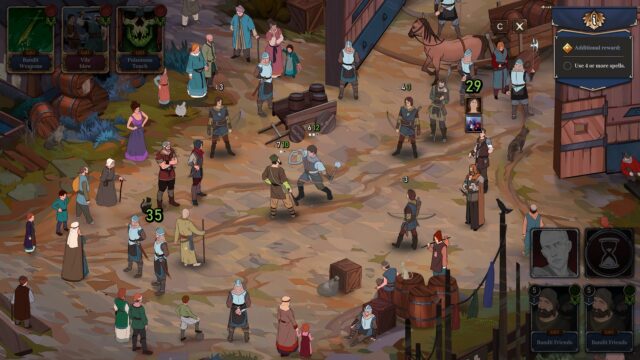
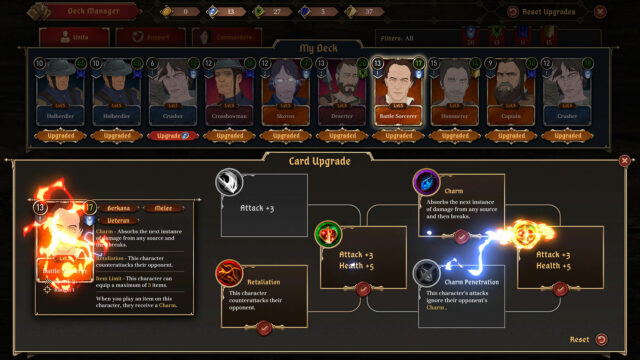
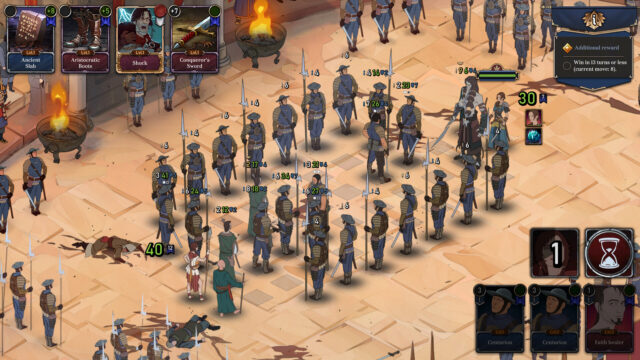


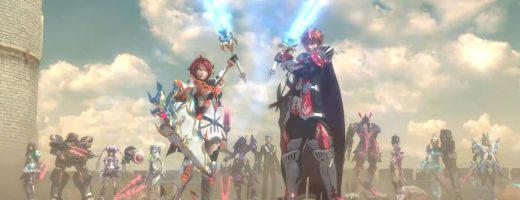



Recent Comments